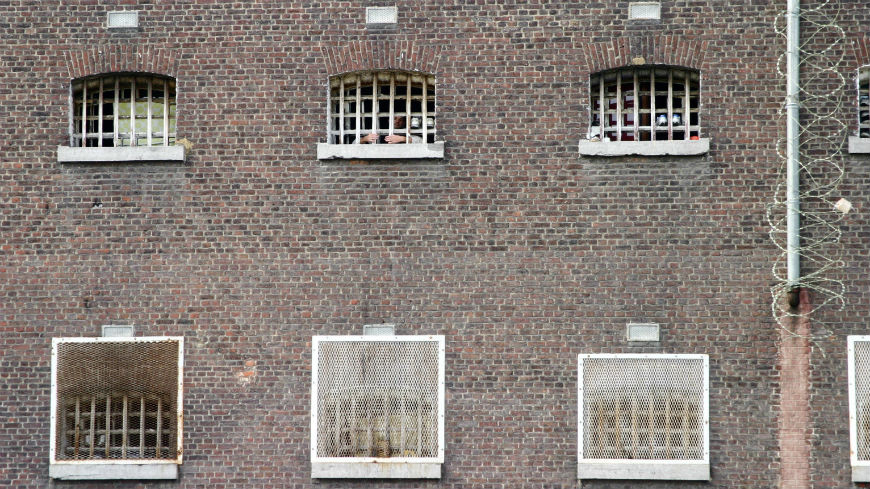During its 2016 periodic visit to the country, the CPT’s delegation received a considerable number of credible allegations of ill-treatment at the time of apprehension and during police custody. The alleged ill-treatment consisted primarily of slaps, punches and kicks to the body and head as well as beatings with batons. The CPT concludes that the resort to ill-treatment, including for the purpose of obtaining confessions, is not infrequent. Persons of African descent, both Portuguese citizens and foreign nationals, appear to be at greater risk of being ill-treated.
The report calls for vigorous action to address this problem and to strengthen the effectiveness of investigations into cases of ill-treatment, notably by increasing the competences and resources allocated to the Inspectorate General of Home Affairs (IGAI). In their response, the Portuguese authorities recall the steps being taken to tackle ill-treatment by the police and make reference to the ongoing process to amend the Organic Law on IGAI.
Overcrowding remains a serious problem within the Portuguese prison system which severely affects living conditions, the regime, staff-inmate relations and good order. Further, the CPT found that living conditions within parts of the Caxias, Lisbon Central and Setúbal Prisons may amount to inhuman and degrading treatment. For instance, in the basement areas of Lisbon Central Prison, the cells were cold, dark and damp with crumbling plaster and rats entering the cells via the floor-level toilets. Vulnerable prisoners at both Caxias and Setúbal Prisons were held in very poor conditions with less than 3m² of living space each and confined to their cells for up to 23 hours a day.
The CPT urges the authorities to provide all prisoners with a minimum of 4m² of living space in multiple-occupancy cells and to urgently address the deficiencies identified. It also makes a number of recommendations on prisoner activities, health care and discipline, and stresses the need to reinforce staffing levels and training.
As regards the Psychiatric Hospital of Santa Cruz do Bispo Prison, the CPT is appalled by the conditions in which patients were held and the prison-like atmosphere that prevailed. The CPT states that this establishment cannot provide a therapeutic environment for the care and treatment of psychiatric patients and it recommends that it be closed down and the patients relocated to an appropriate hospital facility.
In their response, the Portuguese authorities provide detailed information on the steps being taken to reduce prison overcrowding and improve detention conditions. Numerous other actions designed to address the recommendations made by the CPT are outlined, notably in the area of health care provision.
The report and response have been made public at the request of the Portuguese authorities.



